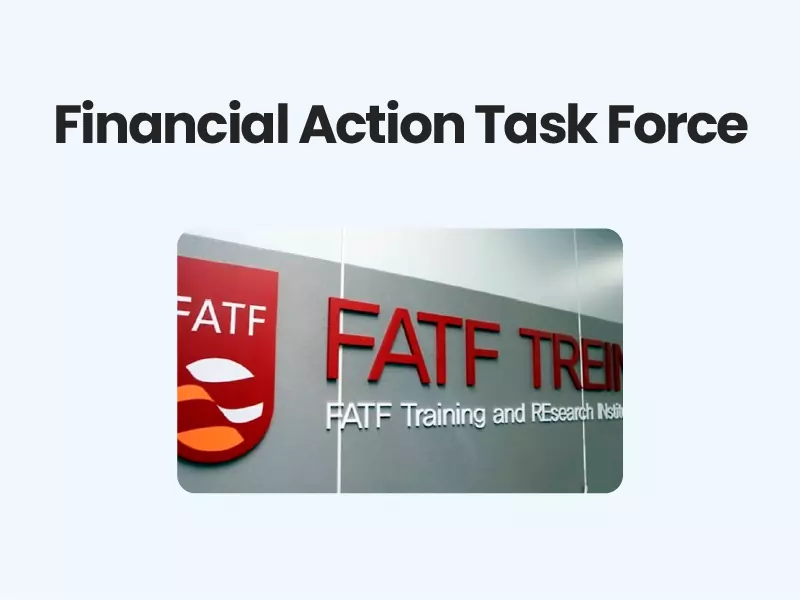Companion@360 → 7 Month programme to sharpen your writing skills → REGISTER NOW

Financial Action Task Force (FATF)
The Financial Action Task Force (FATF) is an inter-governmental body that was established by the G-7 Summit held in Paris in 1989 to examine and develop measures to combat money laundering.
In 2001, the FATF expanded its mandate to incorporate efforts to combat terrorist financing, in addition to money laundering.
It is mainly a “policy-making body” in the sense that it develops necessary policy to bring about national legislative and regulatory reforms to combat money laundering and terrorist financing.
The FATF Secretariat is housed at the OECD headquarters in Paris.
Objectives of FATF
Set standards and take measures for combating money laundering, terrorist financing and other related threats to the integrity of the international financial system.
Monitor the progress of its members in implementing necessary measures.
Review money laundering and terrorist financing techniques and counter-measures.
In collaboration with other international stakeholders, the FATF works to identify national-level vulnerabilities with the aim of protecting the international financial system from misuse.
In accordance with its mandate, FATF has issued several recommendations on money laundering and terror financing popularly known as the forty-plus nine recommendations.
The FATF also has two lists called the Grey list and the Black list.
Members of FATF
- As of 2018 FATF consists of thirty-six member jurisdictions.
- It also consists of two regional organisations, the European Commission and the Gulf Co-operation Council.
- India is a member of FATF.
Forty plus Nine Recommendations
- FATF issued the Forty Recommendations on money laundering and the Nine Special Recommendations (SR) on Terrorism Financing (TF).
- These recommendations together are known as the Forty plus Nine Recommendations.
The Lists
The lists are a categorization or classification used by FATF to deal with terrorist and its facilitators.
The Grey List
The countries listed on this list will be subjected to direct monitoring and intense scrutiny by the International Cooperation Review Group (ICRG) on terror financing.
The listed country will be squeezed of its funds and its economy pressurized and make it harder to meet its mounting foreign financing needs, including potential future borrowings from International Monetary Fund (IMF).
These countries will find it more difficult to tap funds from international bond markets as their credit-ratings will be downgraded by international banking and credit rating agencies.
It will also suspend international funds and aid to grey listed countries.
The Black list
The FATF Black list is a list of “Non-Cooperative Countries or Territories” (NCCTs).
It was issued in 2000.
The list contains countries which FATF judges to be non-cooperative in the global fight against money laundering and terrorist financing.
Read Also Mudra Yojana
